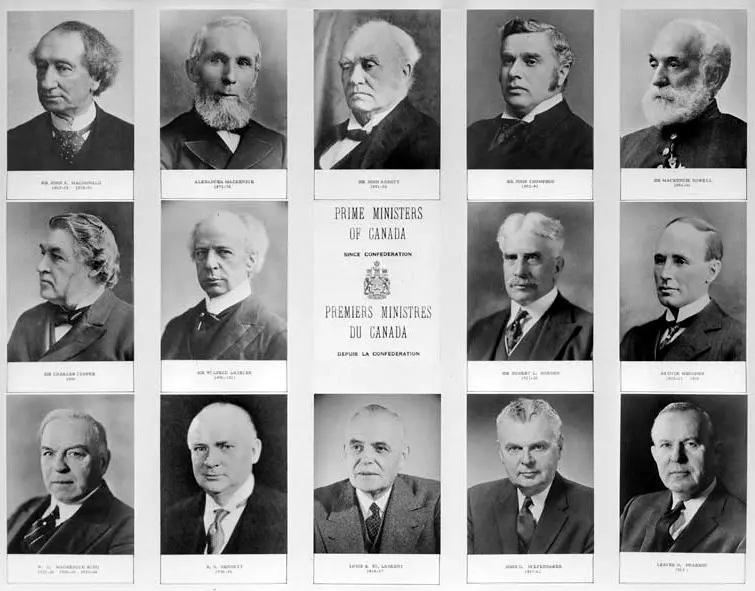Commentary
The politics of envy, directing hatred towards the rich, sometimes called class warfare, remains a favourite wellspring of the left. In her book “The Politics of Envy,” American sociologist Anne Hendershott has written of its roots in the 1950s, why the young and naive are especially credulous towards its claims, and how social media has given it new life. As ex-Harper staffer Sean Speer observed at The Hub, it’s still common to hear the calumny that “Conservatives are for the rich.”





